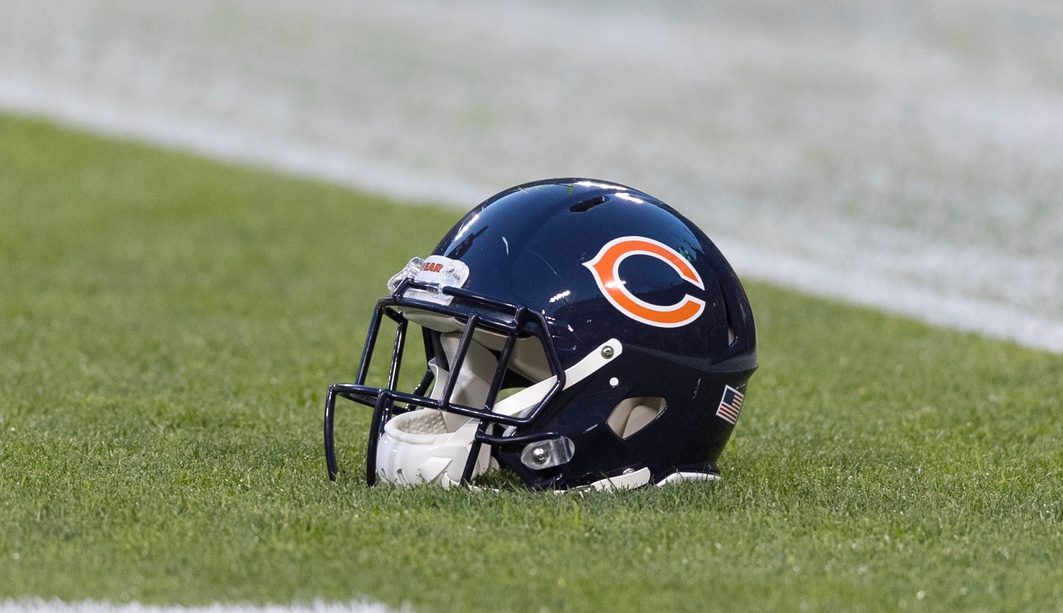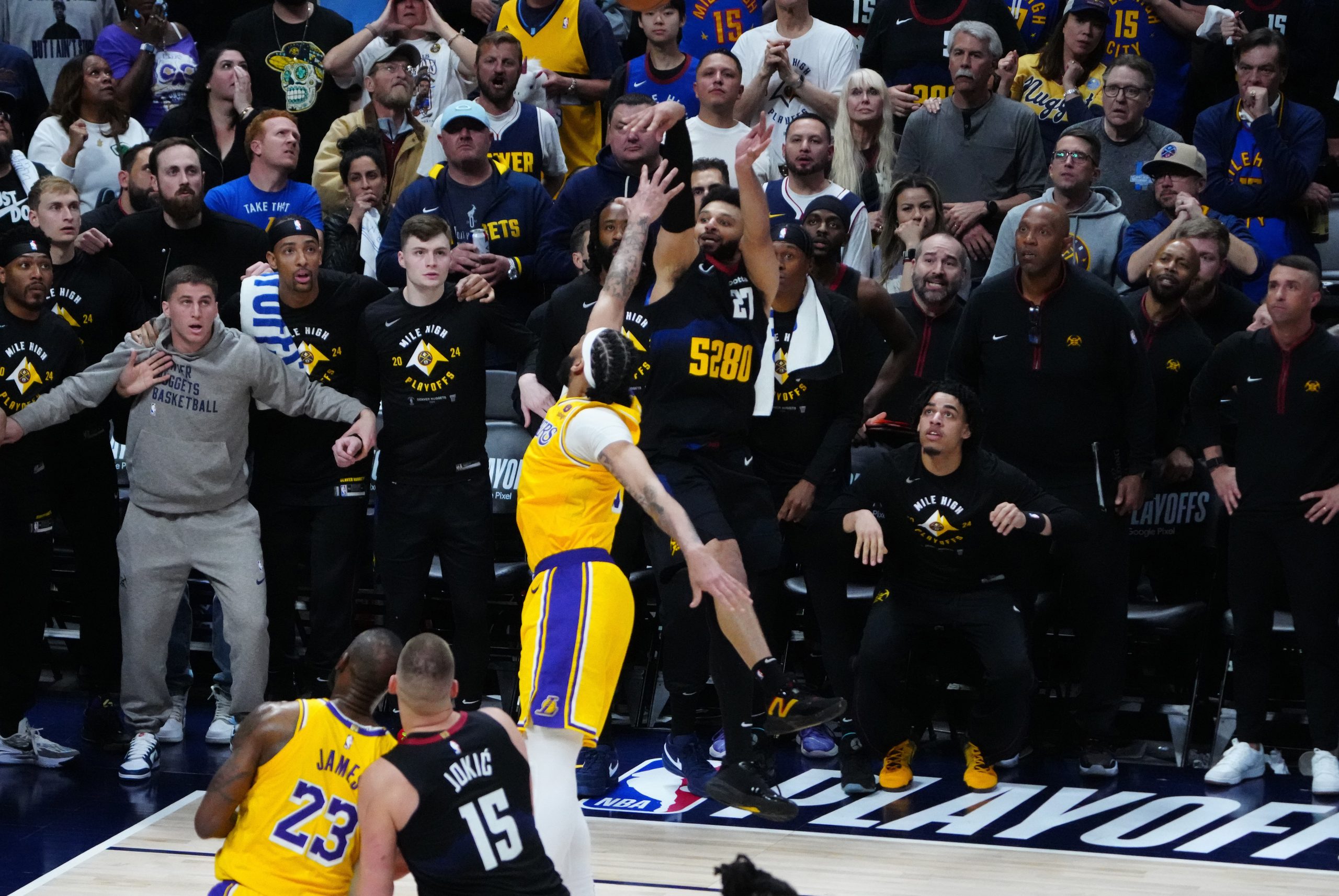
Facebook Pages belonging to several organizations have been taken down over the past few weeks by individuals claiming to be the copyright holder of the content. The true owners of the affected Facebook Pages say they are victims of bogus DMCA claims. The DMCA, or Digital Millennium Copyright Act, is a piece of legislation that protects the copyrighted works of copyright owners from infringement. You most commonly see copyright holders enforcing the DMCA with takedowns of video and music content on YouTube. If a video or song is uploaded by someone other than the copyright holder, a DMCA takedown claim is submitted by the copyright holder to the entity (e.g. YouTube or Facebook) to have the video or song removed.
This all sounds logical except for how Facebook has been handling the takedown requests. In order to file a DMCA takedown request to Facebook, one needs to provide the name, mailing address, telephone number, email address, and details of the infringement. Facebook has been quick to pull the trigger by not verifying the legitimacy of the copyright holder’s information and has instead immediately shutdown the requested Facebook Page. In the case of popular tech blog Redmond Pie, their Facebook Page of over 70,000 fans was disabled only to have the scam artist who took down the page replace it with a fake Redmond Pie Facebook Page that lured in new fans by promising free iPads. These falsified takedowns are damaging the image and brand of a lot of the affected victims.
ReadWriteWeb asked Facebook about the recent takedowns to which FB responded,
“We want Facebook to be a place where people can share and discuss openly while respecting the rights of others. We take seriously both the interests of people who post content and those of rights holders. We work to ensure that we don’t take content down as a result of fraudulent notices. However, when a rights holder properly completes our notice form alleging intellectual property (IP) infringement, we will take appropriate action including removing or disabling access to the relevant content. When we do this, we notify the person who shared the content so he or she can take appropriate action, which may include contacting the reporting party or following up with Facebook.
Submitting an IP notice is no trivial matter. The forms in our Help Center require statements under penalty of perjury, and fraudulent claims are subject to legal process.”
[via: ReadWriteWeb]






